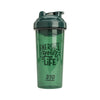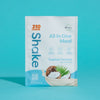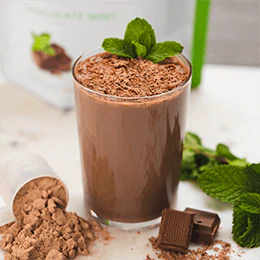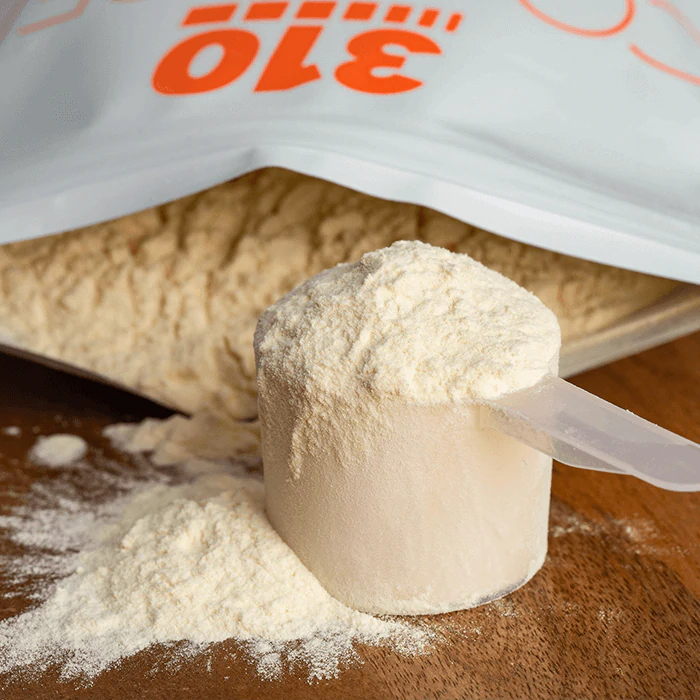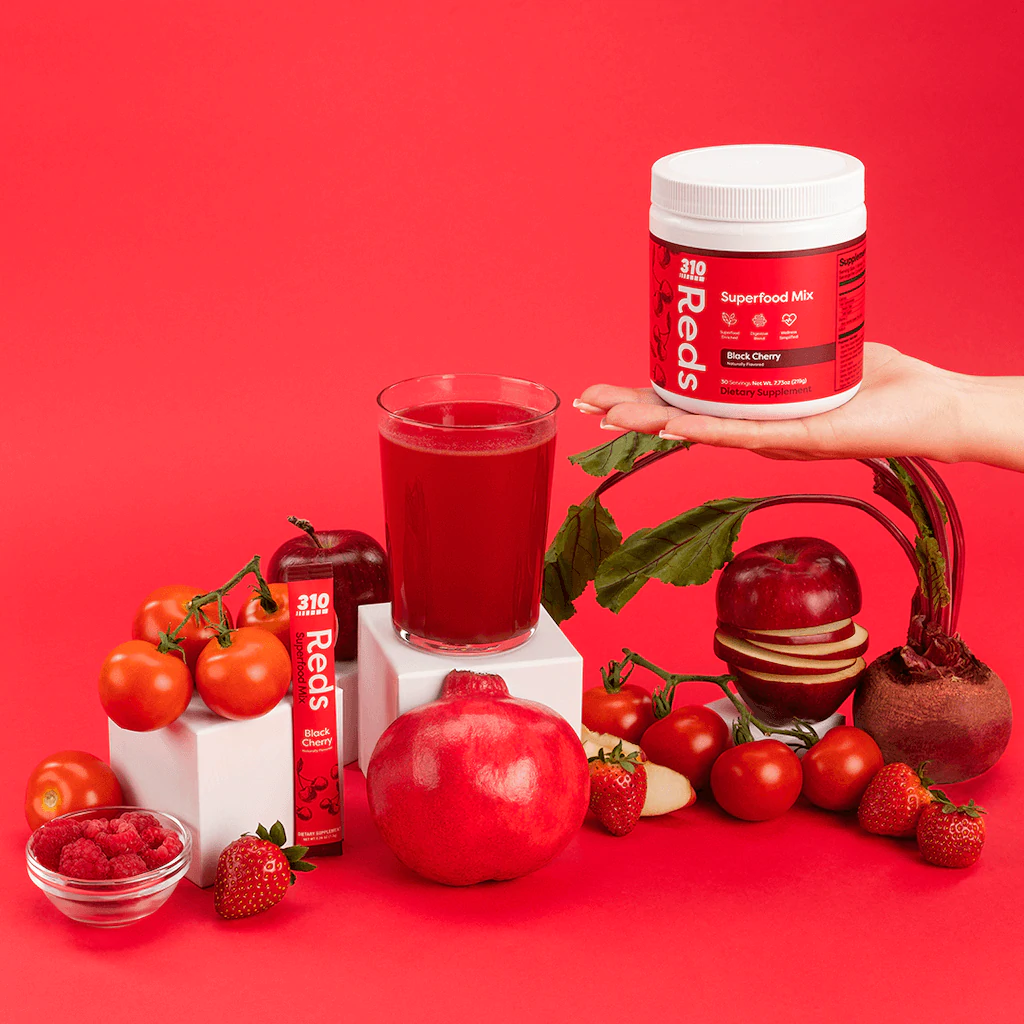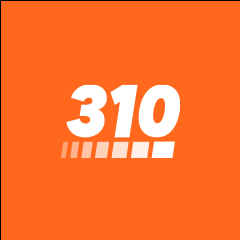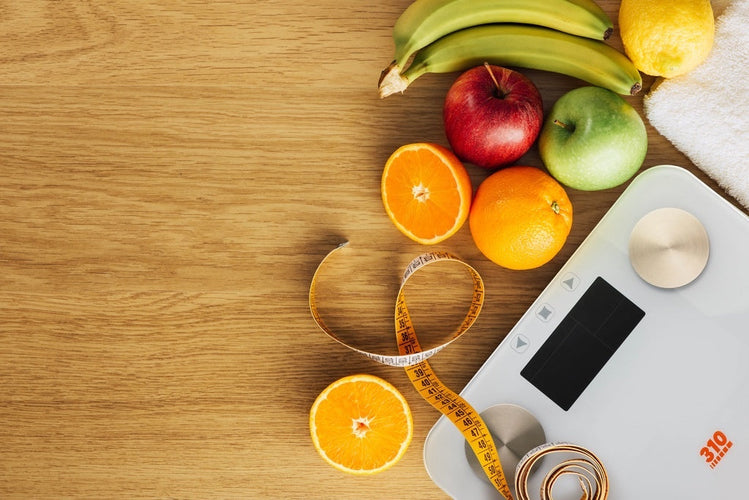If you’ve made the decision to begin your own personal weight loss journey, you may be excited about starting, but unsure of how to track your progress. Or, if you’ve been trying to lose weight for some time, you may be frustrated upon hitting weight loss plateaus and could use a better system of planning out and measuring your success – like our newly-released 310 Smart Body Weight Scale (which we’ll discuss in this article)!
Whether your journey is just beginning or has been in motion for some time, you may still have a burning question in your mind: Should you be weighing yourself every day?
Though this is an important question, there are other important questions, such as what is your BMI and your BMR, and why should you also know your body fat percentage, instead of just your daily weight? In this article, we’ll address those questions and introduce you to a new tool that can help you track all this – along with the same metrics for your entire family – in a fast, simple, and effective way.
Read on to discover more!
Should I Weigh Myself for Weight Loss?

The first and very simple answer when it comes to weighing yourself for weight loss is yes, you should absolutely be weighing yourself, in order to track your weight loss progress. However, your daily weight can fluctuate due to many different factors, including how much water your body is holding throughout the day, your daily meals and more. Your weight will therefore vary throughout the day.
So, your reason for weighing yourself is not to keep track of your weight from day-to-day, but more to keep track of it, and monitor it over the long-term. For this reason, we recommend that you have a scale measuring day once a week. Weigh yourself in the morning after going to the bathroom, with little to no clothing on. If you forget to weigh yourself on “scale day”, just wait until the next day.
When you do this, you can see an accurate representation of your weight from week to week, in hopes that you are moving closer to your goals. But your body weight number is not the only number that’s important. Let’s take a look at additional metrics that are equally important for weight loss and overall health…
What is Your BMI?
The first unit of measurement that’s important to understand is called your BMI (short for body mass index). When you step on a normal body weight scale, it tells you how much you weigh, but that isn’t the entire picture because it doesn’t account for how tall you are. A BMI measurement also takes into account your height, to give you a more accurate picture of how healthy your current weight is… and help you strive towards a weight that makes the most sense for your particular build.
According to the Centers for Disease Control and Prevention, for adults age 20 years and older, your BMI falls into one of the following categories…
Below 18.5 -> Underweight
18.5 – 24.9 -> Normal/Healthy Weight
25.0 – 29.9 -> Overweight
30.0 and Above -> Obese
Although there is a formula you can use to calculate your BMI on your own, it’s much easier to use a smart body weight scale to quickly and efficiently generate it for you.
Why Is It Important to Know Your Body Fat Percentage?
Next, though your BMI is very important, it’s also not the entire picture, as it doesn’t measure your body fat directly. Basically, your “weight” encompasses many different things, and it’s important to know how much of your weight is actually body fat, versus muscle and other components. The term “fat free mass”, also known as lean body mass, refers to other body components that aren’t fat. These include your body’s water, bone, organ, and muscle content.
Let’s take a look at all of the important bodily measurements, below…
Body Fat Percentage
It’s important to know how much fat your body is holding – and what that means for your weight loss goals and overall health. Though there are complicated (and typically expensive) ways to measure your body fat, such as 3D body scans, certain X-rays, and other advanced technologies, you can also do it using a tool called a skinfold caliper. Or, the easiest method is to invest in a “smart” body weight scale that uses something called bioelectrical impedance to easily calculate that number while standing on a scale in the comfort of your home.
As for how to read your results, they will differ based on whether you’re male or female, and also based on your age. Women naturally have a higher amount of body fat versus lean muscle mass compared to men, and body fat also naturally increases with age.
Some professional health organizations break it down even more, based on certain categories such as whether you’re very active in fitness. The bottom line is, you want to use the percentage you generate to determine if your body fat falls within a healthy range for your sex, age, and specific lifestyle, or an unhealthy range.
A study by the American Journal of Clinical Nutrition offers a jumping off point on what results are considered “healthy”, outlined below. However, we highly recommend you join the 310 Community on Facebook and chat with one of our 310 Nutritionists to develop a personalized plan for you, and help you decipher your own results for your weight loss and health goals.
Healthy Body Fat Percentages for Women:
Age 20-39: 21% - 32%
Age 40-59: 23% - 33%
Age 60-79: 24%-35%
Healthy Body Fat Percentages for Men:
Age 20-39: 8% - 19%
Age 40-59: 11% - 21%
Age 60-79: 13%-24%
Water Percentage
Moving onto water percentage, this is also a crucial number to know, since many body fat measuring devices only measure the difference between fat mass and fat free mass. However, another route is to use a smart scale that can also give you the current water weight percentage in your body.
Knowing how much water is in your body is important, not only to determine how much water weight you’re carrying, but also because so much of your body depends on water, and it’s crucial to stay hydrated for optimal health and weight loss. Water helps with vital functions such as hydrating your skin, helping to regulate temperature, lubricate joints, and help flush waste from the body.
So, how much of your body should be water? This also varies depending on age and sex. Let’s take a look at the average water percentage and typical range for males/females based on their age group…
Women
Age 19-50: Average - 50%; Range: 41 – 60%
Age 51+: Average – 47%; Range: 39-57%
Men
Age 19-50: Average – 59%; Range – 43-73%
Age 51+: Average – 56%; Range – 47-67%
You can get enough water each day by making sure to drink plenty of plain water, along with other beverages like cleansing herbal teas, caffeine-free lemonades, green juices, meal replacement shakes and more.
As for how much you should drink, aim for the following:
Women – About 11.5 cups (2.7 liters) per day
Men – About 15.5 cups (3.7 liters) per day
Muscle, Bone, Protein Percentages
Along with your body fat and water percentages, you also want to pay attention to some additional percentages in your body, some of them being muscle and bone mass, and protein percentage.
Muscle mass is important because the more of it you have, the rate at which you burn energy increases, which increases your basal metabolic rate – which is basically how many calories you burn at rest, (and exactly what we’re going to talk about in the next section)! This of course is good for your weight loss goals, however, if you don’t know how much muscle is in your body, you may mistakenly think that a higher number on the scale is bad – when really, muscle weighs more than fat. So if you have a good amount of muscle mass, it may raise your weight but assist with developing a lean and healthy figure.
In a similar way, it’s helpful to know how much of your actual weight is bone mass. And you also want to know the percentage of protein in your body in case it’s too low. Not getting enough protein could mean a higher amount of body fat, and protein is also needed to build lean muscle, support a healthy metabolism, and keep you energized and satisfied for weight loss. One of the best ways to get enough protein is with a well-balanced, high-quality daily meal replacement shake.
What is Your BMR?
Next, let’s talk about another mode of measurement that is also incredibly important to your bottom line and weight loss goals…. And that’s your Basal Metabolic Rate (or BMR). This is the amount of calories your body needs to perform basic life functions like breathing circulation, protein synthesis, and cell production. You can get this number through a mathematical formula or by using a smart device like the 310 Smart Body Weight Scale.
Once you have this number of calories you can then adjust it based on your weight loss goals, making sure that you don’t go over that amount each day – and if you have a large weight loss goal, potentially reducing it more. We suggest you speak with a 310 Health Coach in the 310 Nutrition Community to find the best calorie goal for you, or use our 310 Calorie Calculator.
What is Your Metabolic Age?
Before we move onto just how easy it can be to keep track of all of these vital metrics we mentioned, let’s take a look at one more unit of measurement… metabolic age. To get this number, first you need to understand BMR, as outline above. Once you have that number, you can then get your metabolic age, which is basically how your particular BMR compares to others in your age group.
If your metabolic age is lower than your chronological age, that’s a good sign in terms of health and wellness. However, if it’s higher than your chronological age, it’s time to put a healthier diet and healthier habits such as weekly exercise into place, so you can get your body to where it needs to be for weight loss and longevity.
Easily Track Metrics with 310 Smart Body Weight Scale
It’s finally time to talk about your solution to easily tracking all of these important bodily metrics – to help you stay on top of your weight loss and total health goals! Do it in a fast, easy, simple, and totally convenient way with the new 310 Smart Body Weight Scale!
Unlike regular scales, this one uses advanced technologies to measure 9 essential body metrics, so you can crush your goals. Not only that, but it stores information for up to 10 users! So you can take your entire family on your health journey with you, and save all their information in the same place.
The 310 Smart Body Weight Scale Measures:
- Body Weight
- BMI
- BMR
- Body Fat %
- Water %
- Muscle %
- Bone %
- Protein %
- Metabolic Age
And it Also Features…
- An attractive design
- Large, easy-to-view LCD screen
So the question is… Are YOU ready to start tracking your goals and setting yourself up for success?!
When it comes to deciding to eat clean and healthy, we all need to start somewhere, so we suggest you start with this Try It All Kit so you can sample different flavors and products. Or, try any of our incredible bundles to begin your weight loss journey – then be sure to get your 310 Smart Body Weight Scale so that you can easily keep up with your progress and make adjustments that work with your build and schedule. Get started today!
Sources:
https://www.healthline.com/nutrition/best-body-fat-scale
https://www.health.harvard.edu/should-you-weigh-yourself-every-day
https://www.verywellfit.com/what-is-bmr-or-basal-metabolic-rate-3495380
https://www.hsph.harvard.edu/nutritionsource/healthy-weight/measuring-fat/
https://www.healthline.com/health/body-fat-scale-accuracy#overview
https://www.livestrong.com/article/382462-what-is-bmi-and-bmr/
https://www.nejm.org/doi/full/10.1056/NEJM199908053410607
https://www.livestrong.com/article/128552-fat-body-mass/
https://www.livestrong.com/article/340756-healthy-body-water-percentage/
https://www.healthline.com/health/body-water-percentage#body-water-storage
https://www.healthline.com/health/exercise-fitness/metabolic-age#vs-chronological-age

